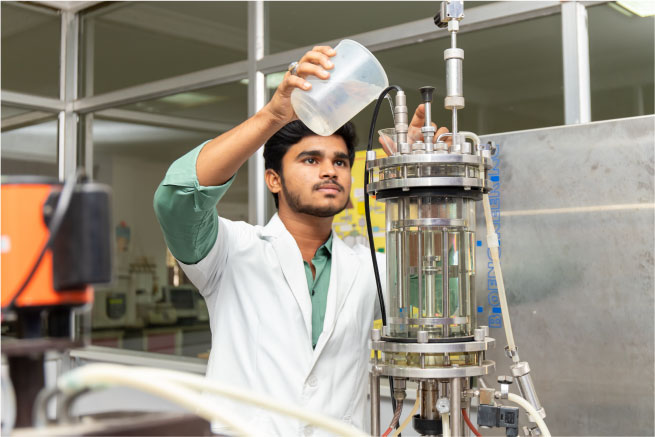
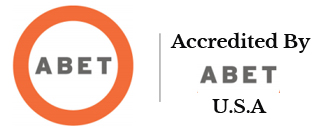
To be globally recognized as a Center of Excellence in the field of Biomedical Engineering through quality research and education, contributing to the advancement of human health.


To produce skilled Biomedical Engineers who are technically competent and
socially committed by imparting interdisciplinary research and education in
the field of Biomedical Engineering.
To instill entrepreneurship skills and cultivate technically competent administrators
in the field of healthcare.
Addressing technological challenges with socio-ethical implications to meet the
needs of society.
The Department of Biomedical Engineering was established in the academic year 2015-16 with an aim to develop manpower in the upcoming field of modern health care industry, and it currently offers B.Tech. Programme in Biomedical Engineering (4-Years). Biomedical Engineering relates to the application of electrical, civil, mechanical, chemical, electronics, instrumentation and other engineering principles to understand, modify or control biological systems, as well as design and manufacture products that can assist in the diagnosis and treatment of the patients. The syllabus is carefully designed to meet the requirements of healthcare industries. The department has experienced and trained faculty to impart knowledge in this specialized field.
Biomedical engineers who specialize in biomaterials develop materials that can be safely implanted in the body. Engineers who work in biomechanics apply principles from physics to biological systems. They develop artificial organs, such as the artificial heart. Engineers who focus on bioinstrumentation use computers or other electronic devices to diagnose or treat disease. A rehabilitation engineer helps improve the quality of life for people with disabilities. Tissue and cellular engineers grow cells outside of the body to be implanted in the body and serve some function. Genetic engineering is a related discipline in which an organism’s DNA is altered so that different proteins will be produced. Genetic engineering has many applications in drug production.
Department of Mechanical Engineering has collaborated with leading industries and research labs in India and abroad. The major collaborating industries are TAFE, SAP, Siemens, and FORD etc. In addition, the department also having collaboration with scientist and professors from various research labs in India such as DRDO Bangalore, NIIST Trivandrum, IISC Bangalore, IGCAR Kalpakkam, CSIR-CECRI, Karaikudi, IIT Delhi, NIT Suratkal, PSG Tech Coimbatore, etc, Moreover, Faculty of Mechanical Engineering have collaboration in the research aspect with foreign professors and research labs in various countries such as Brazil, Thailand, Turkey, Malaysia, South Korea, USA etc.
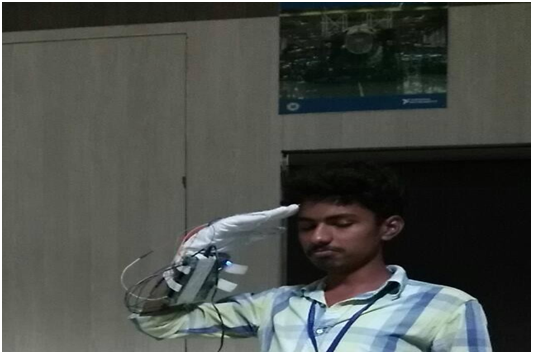
Lab
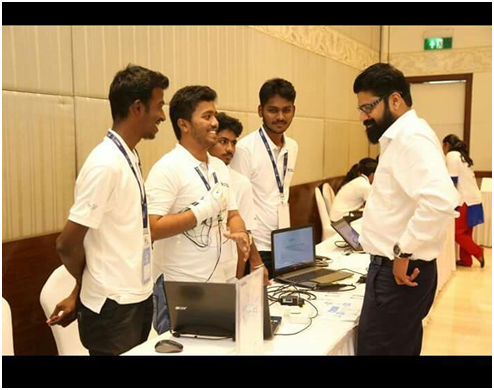
Lab
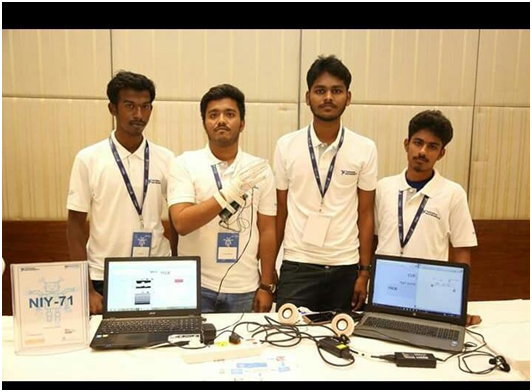
Lab
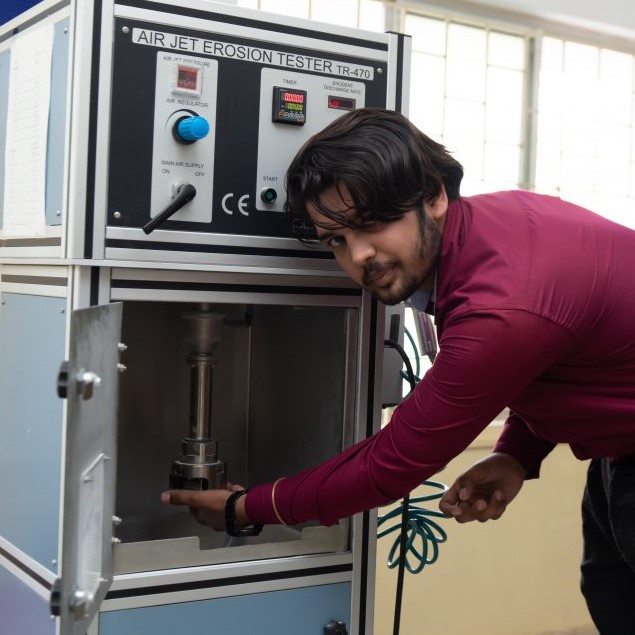
Labs
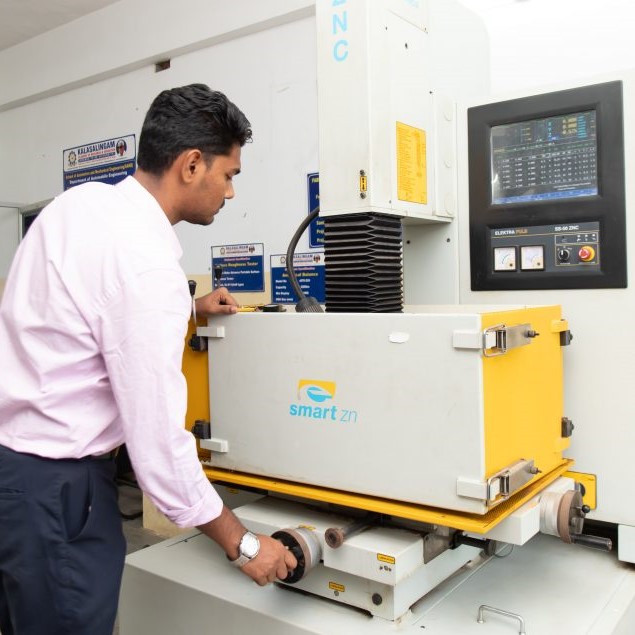
Labs
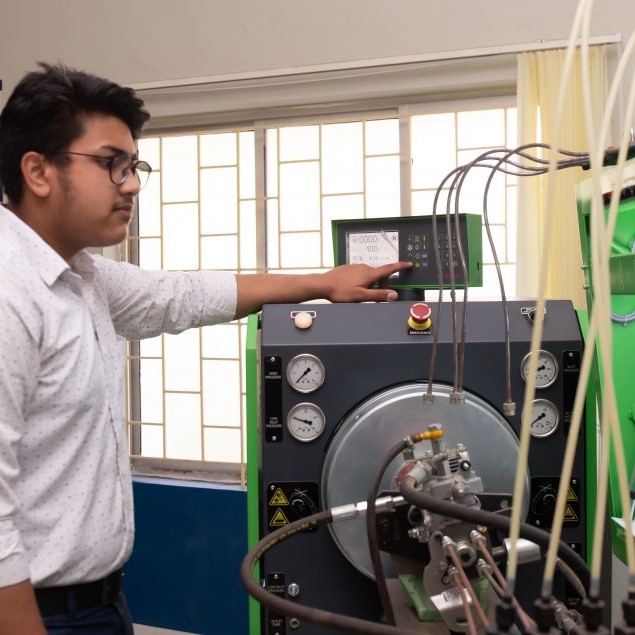
Labs
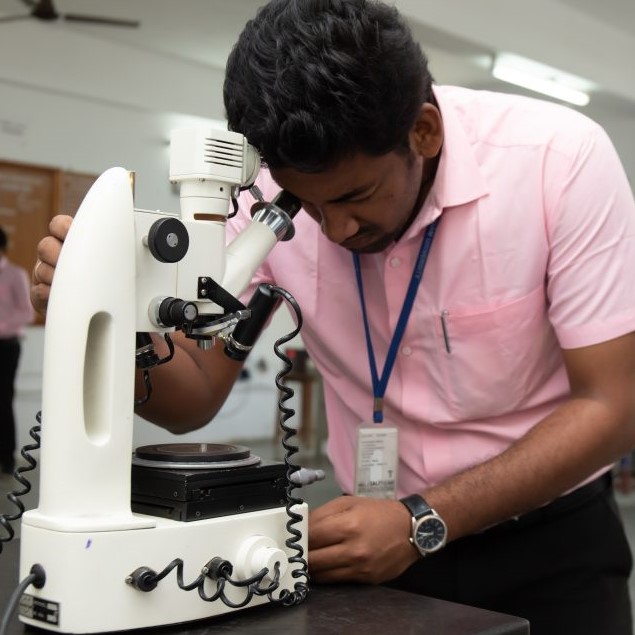
Labs
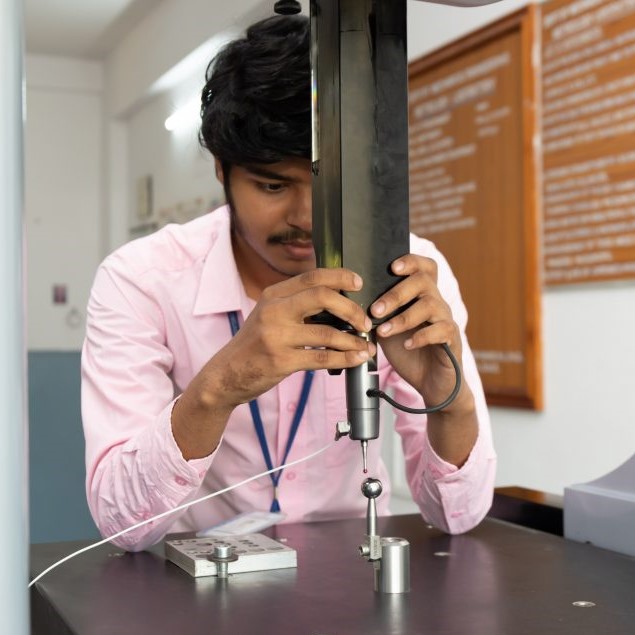
Labs
PO1 – Engineering Knowledge: Apply the knowledge of mathematics, science, engineering fundamentals, and an engineering specialization to the solution of complex engineering problems.
PO2 – Problem analysis: Identify, formulate, research literature, and analyze complex engineering problems reaching substantiated conclusions using first principles of mathematics, natural sciences, and engineering sciences.
PO3 – Design/development of solutions: Design solutions for complex engineering problems and design system components or processes that meet the specified needs with appropriate consideration for the public health and safety, and the cultural, societal, and environmental considerations.
PO4 – Conduct investigations of complex problems: Use research-based knowledge and research methods including design of experiments, analysis and interpretation of data, and synthesis of the information to provide valid conclusions.
PO5 – Modern Tool Usage: Create, select, and apply appropriate techniques, resources, and modern engineering and IT tools including prediction and modelling to complex engineering activities with an understanding of the limitations.
PO6 – The Engineer and Society: Apply reasoning informed by the contextual knowledge to assess societal, health, safety, legal and cultural issues and the consequent responsibilities relevant to the professional engineering practice.
PO7 – Environment and Sustainability: Understand the impact of the professional engineering solutions in societal and environmental contexts, and demonstrate the knowledge of need for sustainable development.
PO8 – Ethics: Apply ethical principles and commit to professional ethics and responsibilities and norms of the engineering practice.
PO9 – Individual and Team Work: Function effectively as an individual, and as a member or leader in diverse teams, and in multidisciplinary settings.
PO10 – Communication: Communicate effectively on complex engineering activities with the engineering community and with society at large, such as, being able to comprehend and write effective reports and design documentation, make effective presentations, and give and receive clear instructions.
PO11 – Project Management and Finance: Demonstrate knowledge and understanding of the engineering and management principles and apply these to one’s own work, as a member and leader in a team, to manage projects and in multidisciplinary environments.
PO12 – Life-long learning: Recognize the need for, and have the preparation and ability to engage in independent and life-long learning in the broadest context of technological change.
Within a few years of graduation, the Biomedical Engineering graduates will:
PEO1: Acquire fundamental proficiency in the field of Biomedical Engineering, enabling them to establish careers within the healthcare sector and allied disciplines.
PEO2: Adapt to emerging technologies through lifelong learning, adeptly communicating and collaborating within the team.
PEO3: Exhibit leadership skills by demonstrating responsiveness, ethical conduct, and innovation in managerial practices.
A graduate of the Biomedical Engineering program will demonstrate:
PSO1 – Develop, analyze, and demonstrate the applications of electronics in the design of biomedical equipment and its subsystems.
PSO2 – Identify, Analyze and Resolve problems in the health care industry using signal and medical image processing.
PSO3 – Design and develop the soft computing techniques for medical practices.
ASO1 – An ability to identify, formulate, and solve complex engineering problems by applying principles of engineering, science, and mathematics.
ASO2 – An ability to apply engineering design to produce solutions that meet specified needs with consideration of public health, safety, and welfare, as well as global, cultural, social, environmental, and economic factors.
ASO3 – An ability to communicate effectively with a range of audiences.
ASO4 – An ability to recognize ethical and professional responsibilities in engineering situations and make informed judgments, which must consider the impact of engineering solutions in global, economic, environmental, and societal contexts.
ASO5 – An ability to function effectively on a team whose members together provide leadership, create a collaborative and inclusive environment, establish goals, plan tasks, and meet objectives.
ASO6 – An ability to develop and conduct appropriate experimentation, analyze and interpret data, and use engineering judgment to draw conclusions.
ASO7 – An ability to acquire and apply new knowledge as needed, using appropriate learning strategies.
The department is equipped with research centres such as the Centre for Composite Materials, Centre for Advanced Thermal Studies, Centre for BioComposites, and Centre for Surface Engineering for students to carry out in-depth research activities and learn practically which helps the undergraduate students to get exposure and experience in the advanced machines. The department has funded research projects in the area of Optimization Studies, Composite Materials, Machining Studies, Supersonic Flow, Heat transfer, and CO2 sequestration by DST, DRDO, AICTE and International funding agencies. The department receives regular funding from many prestigious organisations working in the field of Science and Technology. The department currently has 9 ongoing research projects with total funding of INR. 1,81,67,690 and completed 12 research projects with total funding of INR. 234.6 Lakhs. The department has 100 publications published under their name.

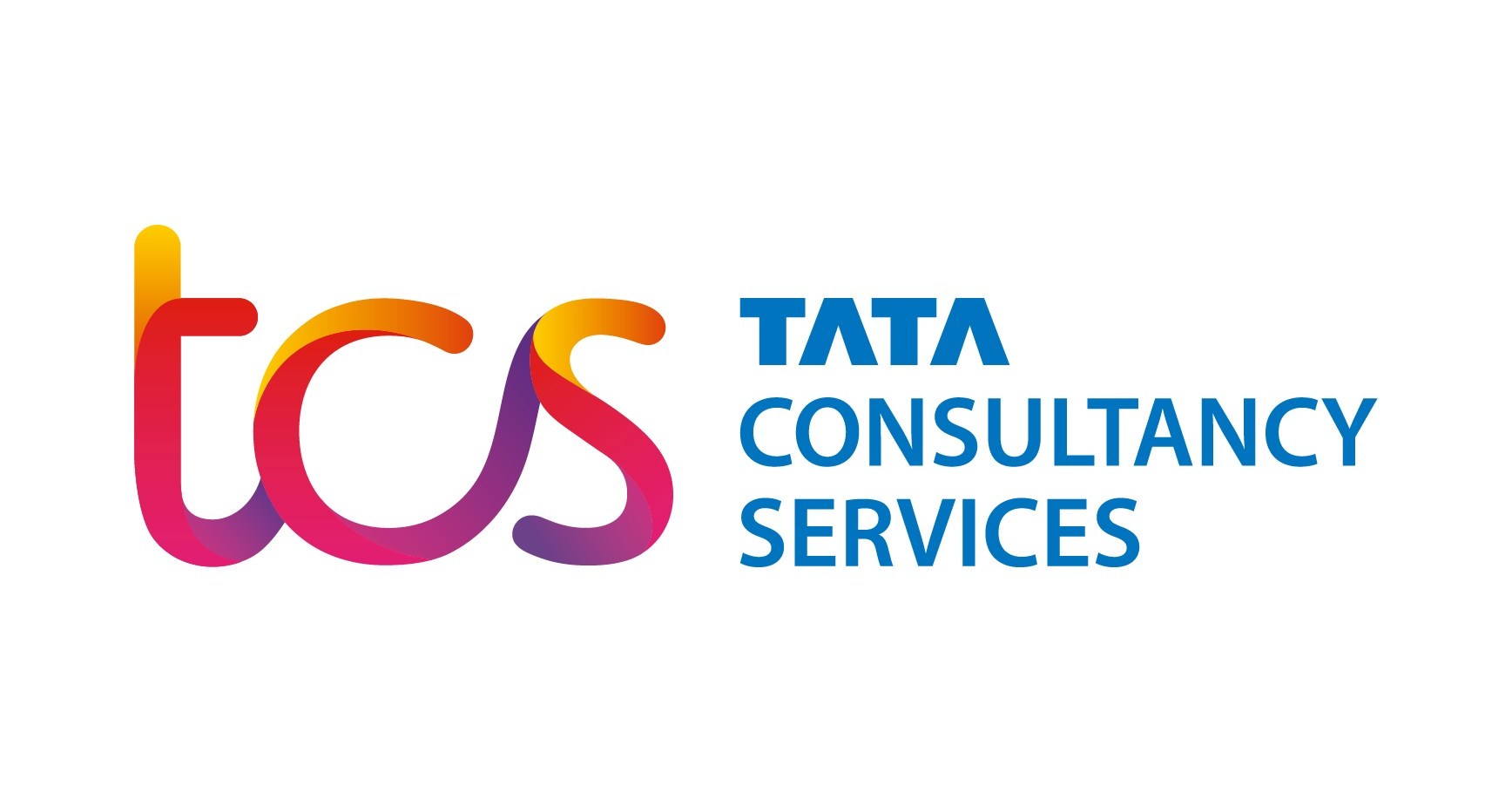








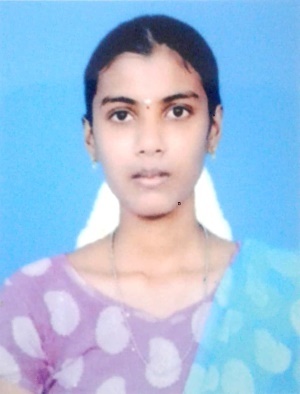
I am very delightful that I am selected to work with Capgemini Knowledge Park and I am looking forward to this new challenging opportunity. I would express my sincere thanks to Kalasalingam Academy of Research and Education particularly the Department of Biomedical engineering for providing me immense knowledge and persistent guidance to achieve this position. I am extremely grateful to the faculties of Department of Biomedical engineering for infusing me the strength and enthusiasm to develop all my skills. I was very fortunate to utilize each and every opportunity provided by the Institution and Department as well. Explore more, learn to communicate and be curious while learning were the morale which I understood and began practicing to till date, where they have been circumventing in my mind during my four years of stay at KARE. The Department of Biomedical Engineering greatly helped me in goal-setting, and this has been the beacon for me to reach to greater heights, and it has become true on my inception to Capgemini Knowledge Park.
UMASANKARI. V
Analyst A4- Capgemini Knowledge park,Navi Mumbai
Biomedical engineering
(2016-2020)
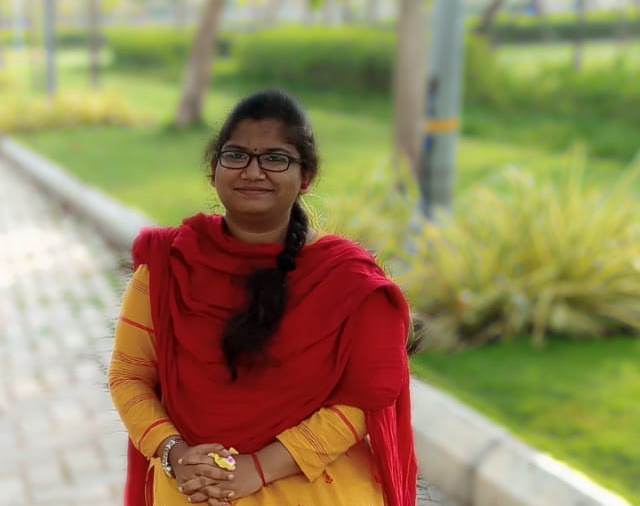
GEETHA ANANDHI C
(2015-19 Batch)
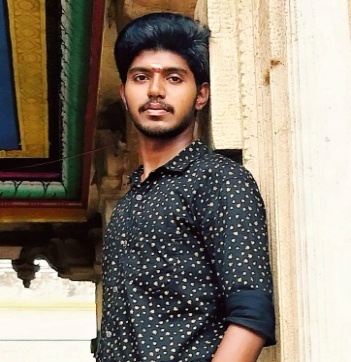
M.AMALRAJ
Junior Biomedical Engineer
Panimalar Medical College Hospital & Research Institute, Chennai.
(2015-19 Batch)

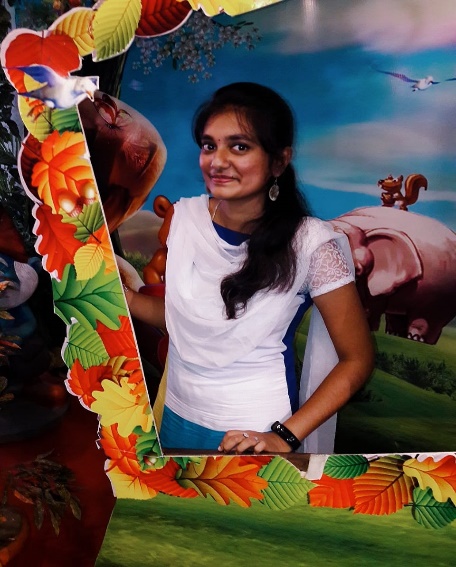
G.P.PRIYATHARSINI
Junior Executive Medical Coding Services
Visionary RCM,Chennai.
(2015-19 Batch)